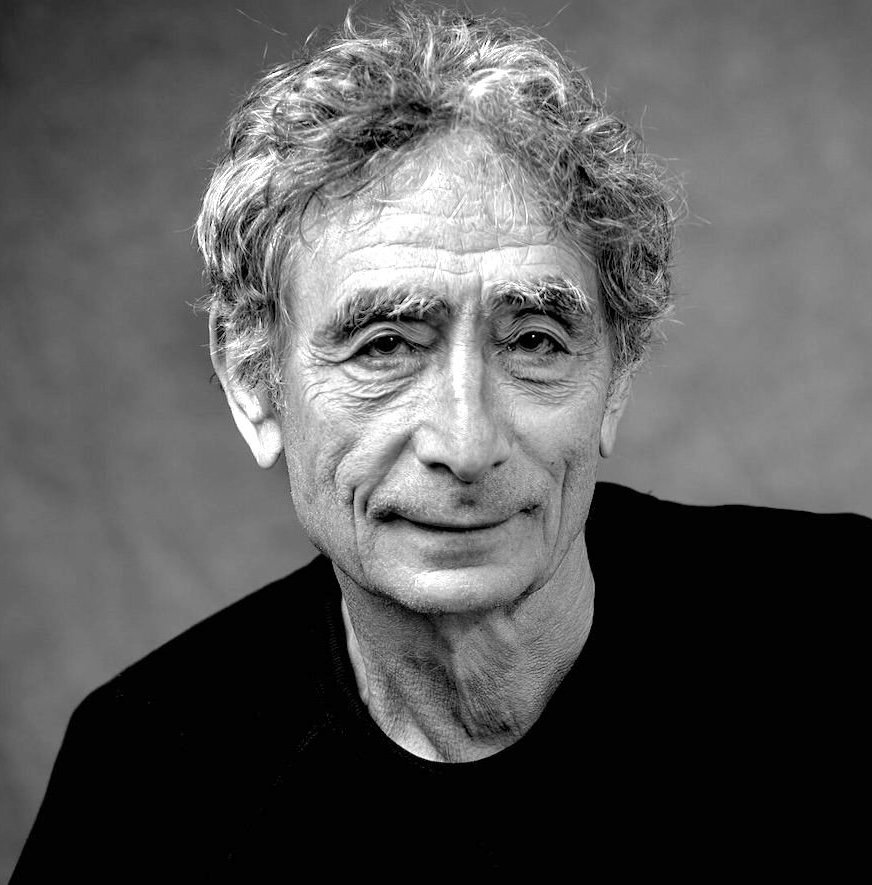What is Compassionate Inquiry?
Compassionate Inquiry is an approach to working with trauma that was created by Dr. Gabor Maté and further developed by Sat Dharam Kaur, ND. It emphasizes that trauma—viewed as the root cause of human suffering and dysfunction—arises from a disconnection from one’s authentic self. The goal of Compassionate Inquiry is to help individuals reconnect with their true selves, allowing their innate wisdom to guide them toward healing.
The process begins with identifying how this disconnection manifests in the present moment. While exploring past experiences, particularly childhood, is crucial to understanding the origins of this disconnection, the primary focus remains on its present-day impact. Importantly, Compassionate Inquiry acknowledges the deep connection between the mind and body. By encouraging clients to observe how emotions and patterns show up in their bodies, it supports nervous system regulation and facilitates healing.
The ultimate goal is to guide clients to the truth about themselves and the world, as only this truth can liberate them. For more information visit Compassionate Inquiry.
In Compassionate Inquiry sessions you will:
Learn to recognise triggers
Cultivate self-compassion
Let go of old stories
Explore your childhood
Enhance emotional regulation
Embrace vunerability
Return to wholeness
Increase body awareness
Reconnect with your essence
“The essence of trauma is that, as young children, we lose our connection to our bodies, our feelings, our essential selves in order to survive and to fit in with the environment. Later on, this manifests as anxiety, depression, addiction, or a host of other problems. The real purpose of therapy is not to fix ourselves or to become somebody different. It's to reconnect with who we already are" - Dr Gabor Maté.
